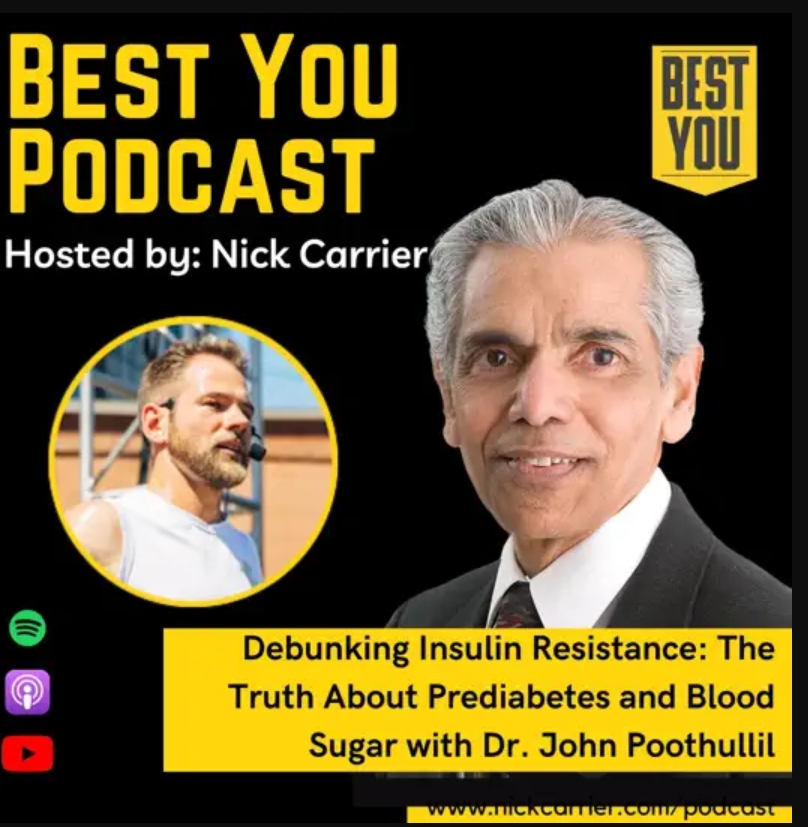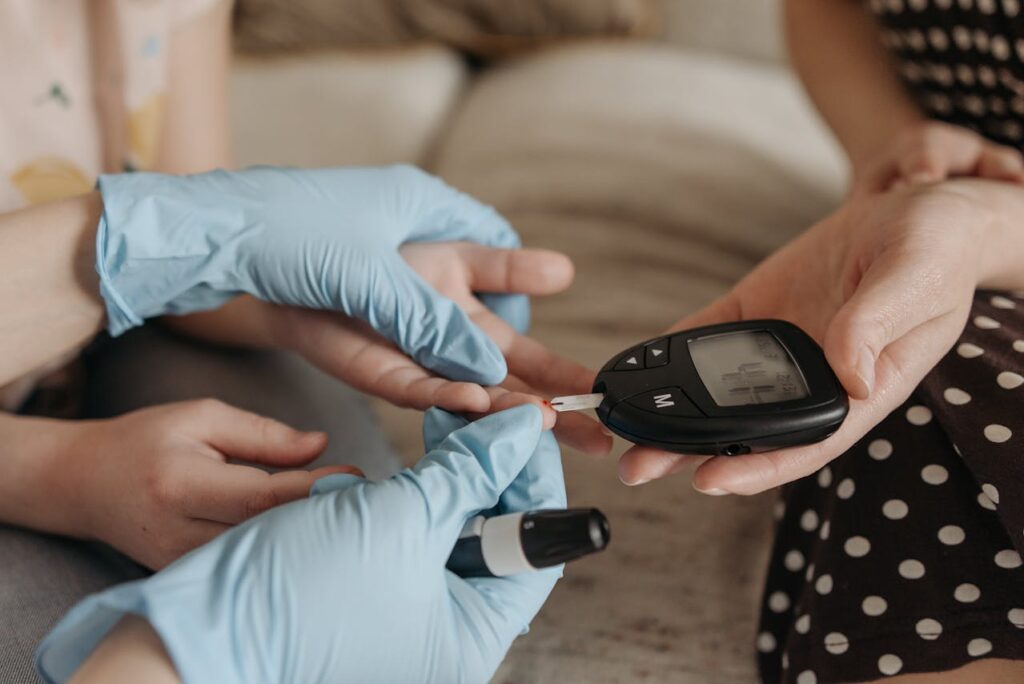To Puree or to Chew – Part 1
 I once saw a nutritionist, in one of the early morning national television news program, exalting the virtues of pureeing edible natural foods for the convenience of consuming nutrients. I thought that the show was intended for those who have lost the faculty of chewing due to decayed teeth. However, the program’s anchor, a young woman who had what appeared to be a natural and full set of beautiful teeth, not only loved the idea, but endorsed it completely.
I once saw a nutritionist, in one of the early morning national television news program, exalting the virtues of pureeing edible natural foods for the convenience of consuming nutrients. I thought that the show was intended for those who have lost the faculty of chewing due to decayed teeth. However, the program’s anchor, a young woman who had what appeared to be a natural and full set of beautiful teeth, not only loved the idea, but endorsed it completely.
This notion of pureeing foods when you have the ability to chew them makes no sense to me, and is in my view, a very unhealthy habit to start. Chewing your food is actually nature’s way of helping your brain register the nutrients that each food item gives you, as well as supporting your body’s natural mechanisms of controlling the intensity of hunger and generating the feeling of satisfaction. The more you chew your food rather than swallow it quickly, pureed or not, the more in touch you will be with knowing when to stop consuming.
Let me elaborate.
Chewing releases the nutrients in food
Needless to say, humans, like any organism, require nutrition to survive. We know we need nutrition because the brain warns us through hunger signals that we are deficient in some nutrients. I suggest that the brain is very much an intelligent computer, in touch with the millions of cells in your body to know what nutrients the body needs. Your brain therefore guides you to select foods containing the nutrients needed at that time, based on previous experiences, and makes them enjoyable to eat.
The mouth is constructed with different types of teeth to cut and chop, and then grind food into smaller and smaller particles so that the sensory organs on the tongue and in the nasal cavity can sense the nutritional components in the food. During a meal, water-soluble substances are registered by taste receptors in the oral cavity, and fat-associated nutrients waft up through the throat to stimulate smell receptors.
This ability to select and consume nutrients based on sensory recognition of the chemical structure of molecules is present in all living things, from single-celled organisms to humans. Your sensations of taste and smell facilitate your selection and consumption of substances containing needed nutrients such as salt, vitamin B and vitamin D. If you have ever watched a child eat, you can see this natural selection of which foods to eat at work. Children will mostly eat only what and when they want. One experiment even tested this theory that the brain guides us towards the nutrients we need. During this study, one toddler with a vitamin D deficiency (which manifests as rickets) voluntarily consumed cod liver oil, a rich source of vitamin D, until his deficiency was corrected.
You might ask if these sensations do not equally happen when you consume pureed foods, since the food is already chopped and ground up. The problem is, when you resort to swallowing your food without the need to chew it, as in blended or purred foods, you are bypassing too quickly the mouth’s sensory structures, depriving the brain of adequate time to process the nutrition in the food. Go to Part 2.
 Diabetes: The Real Cause & The Right Cure.
Diabetes: The Real Cause & The Right Cure.
8 Steps to Reverse Your Diabetes in 8 Weeks!!
I am proud to share this informative yet easy to use book that will help you or a loved one reverse their Type 2 Diabetes in 8 weeks. My plan will also help you to remain diabetes free as you will take this on as a lifestyle. Make better choices and take ownership of your health today!


